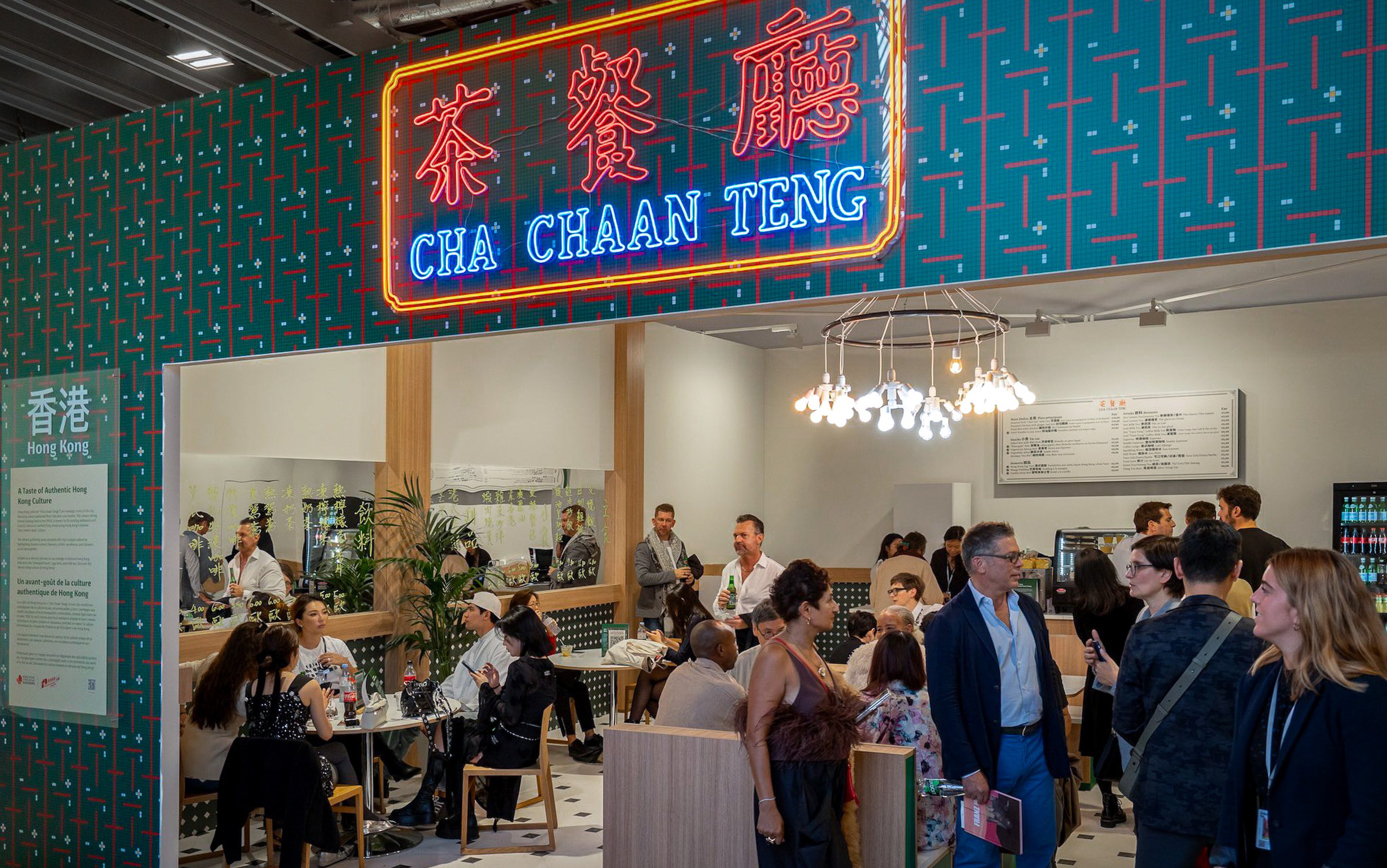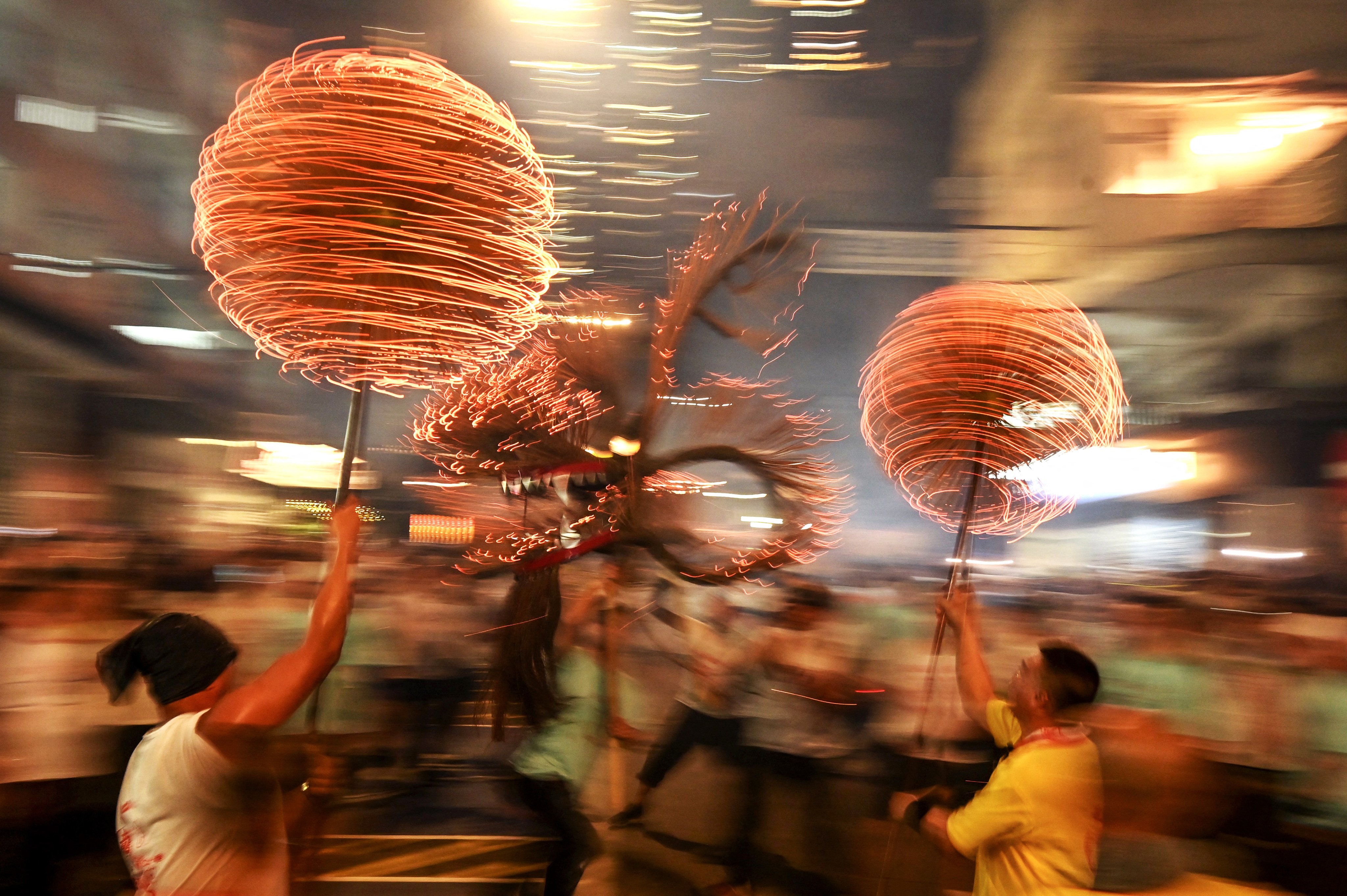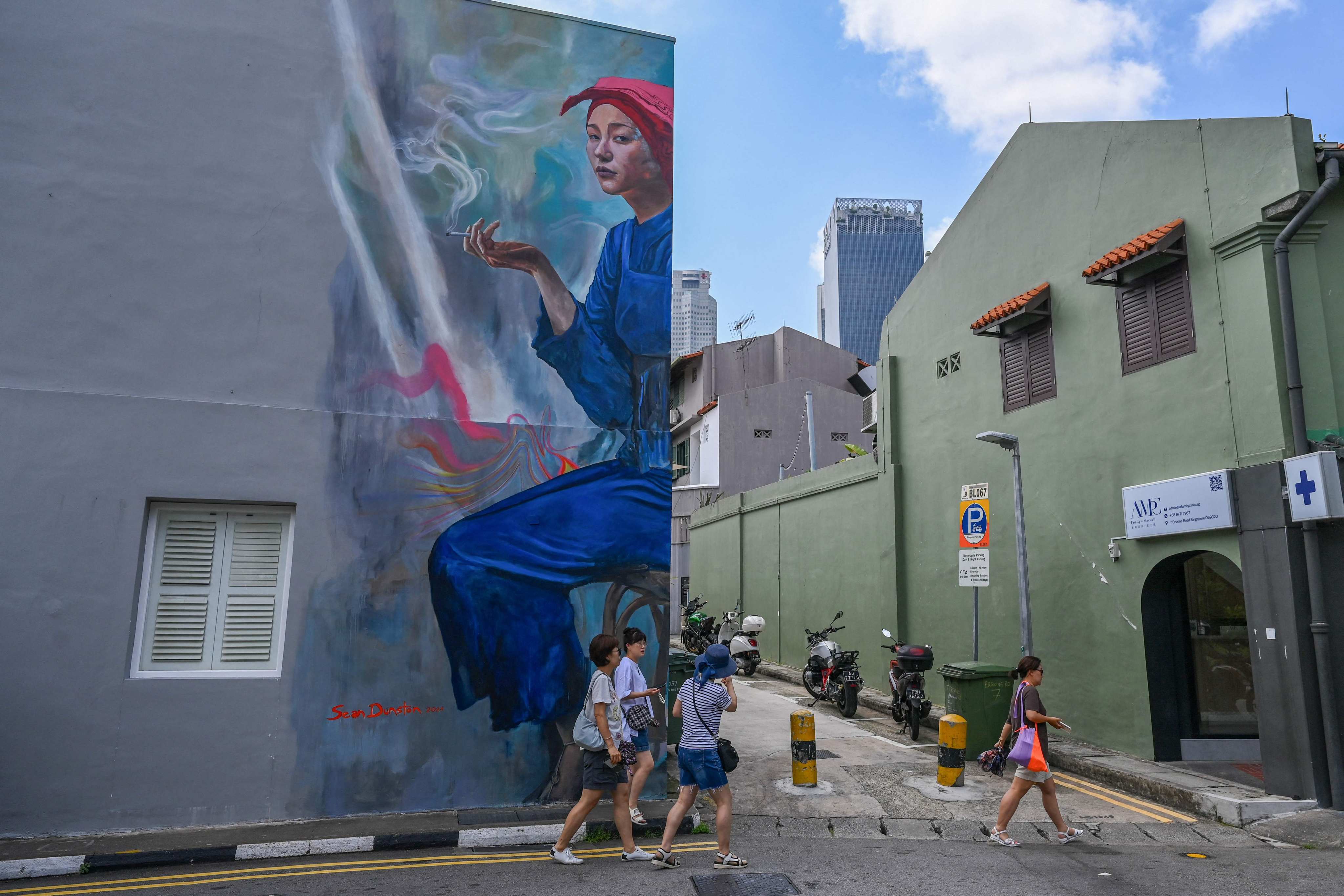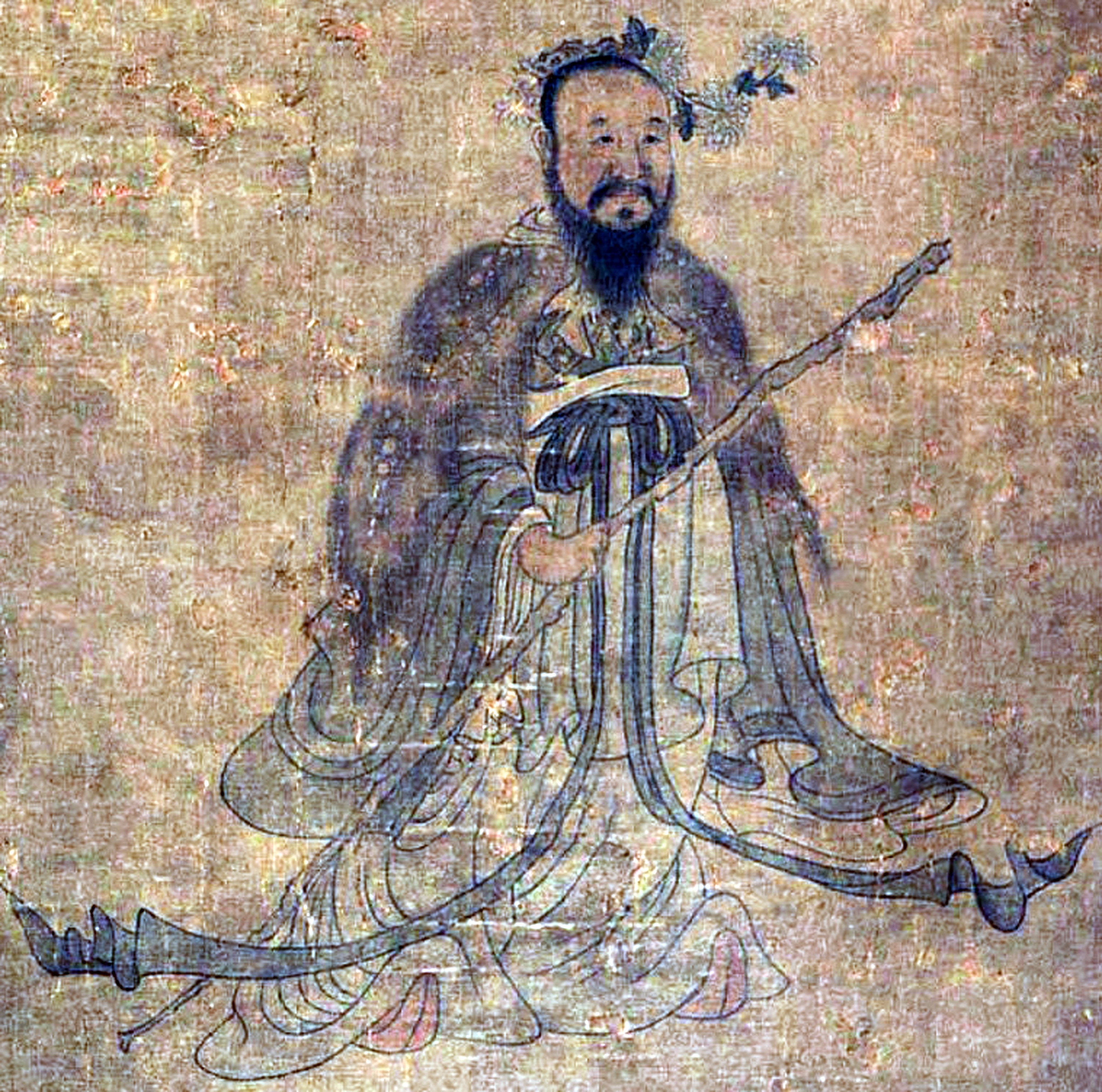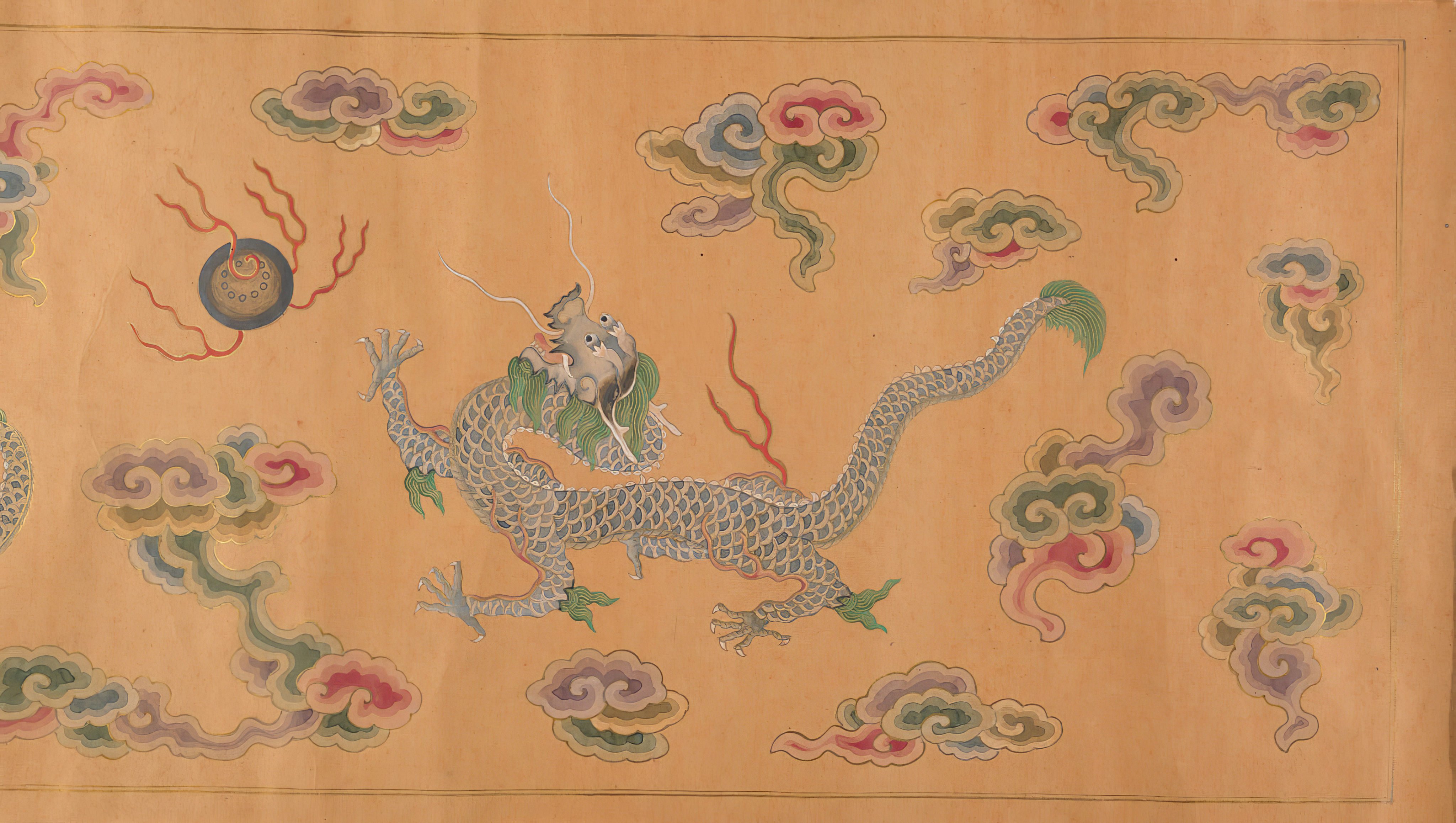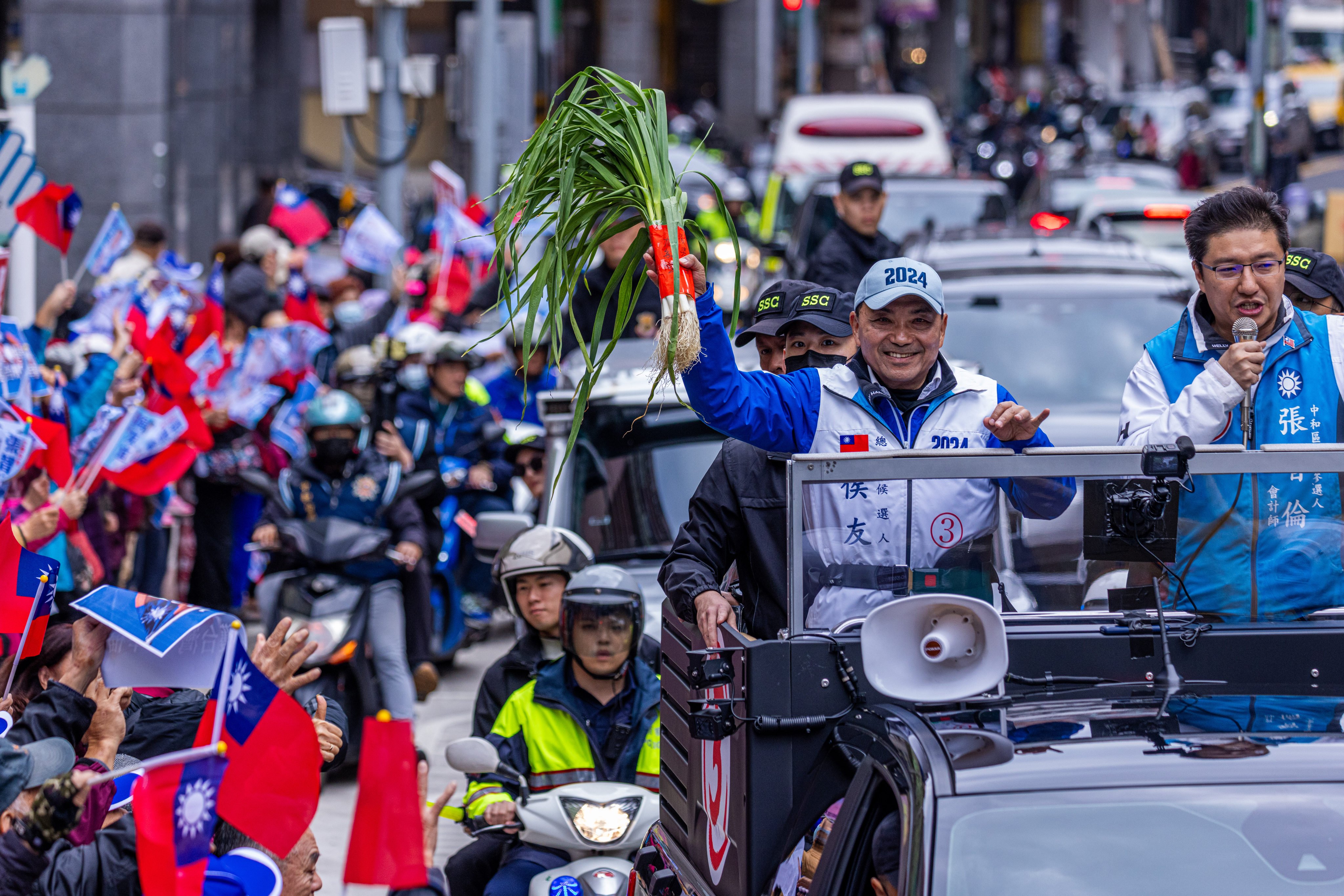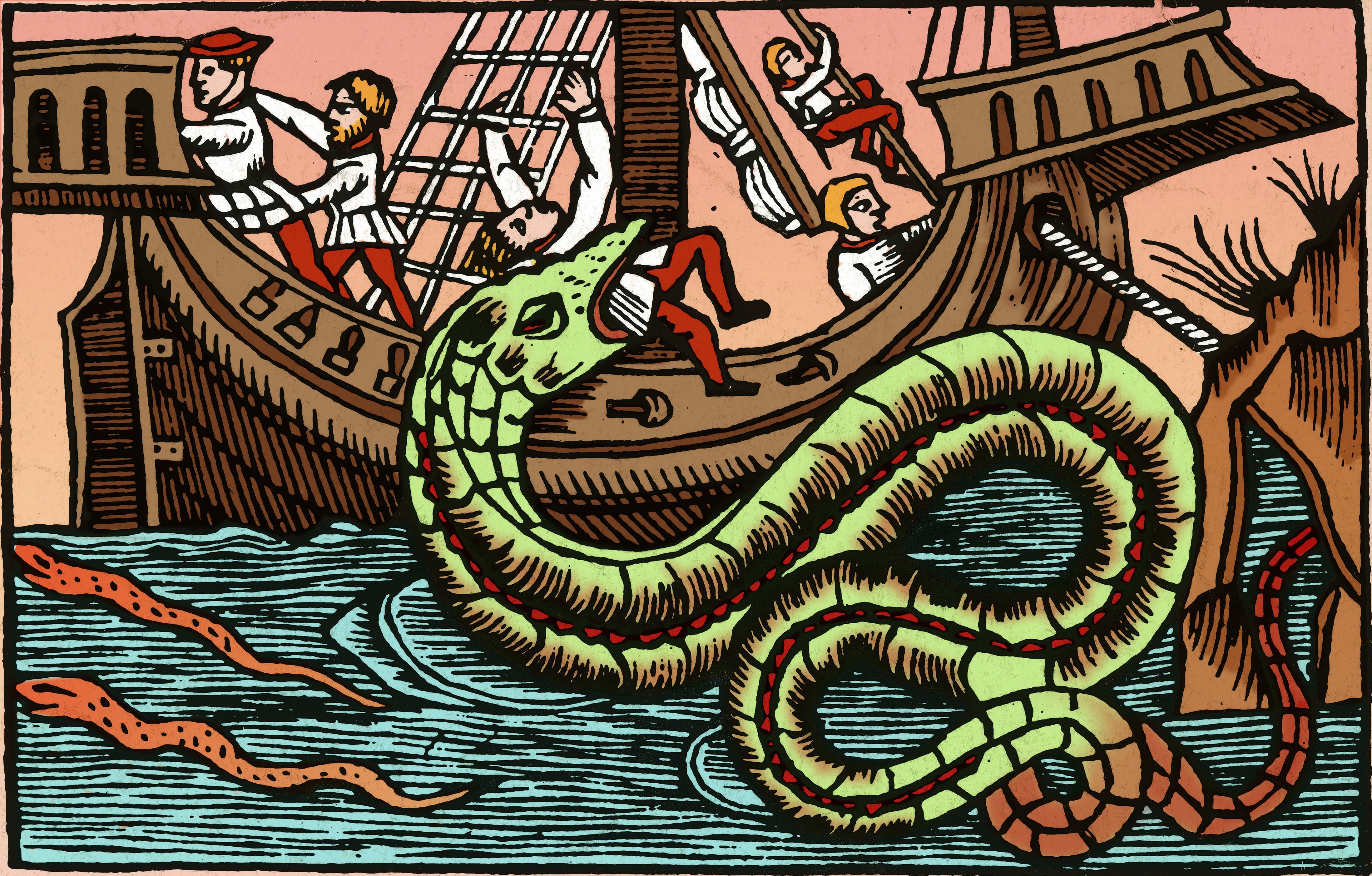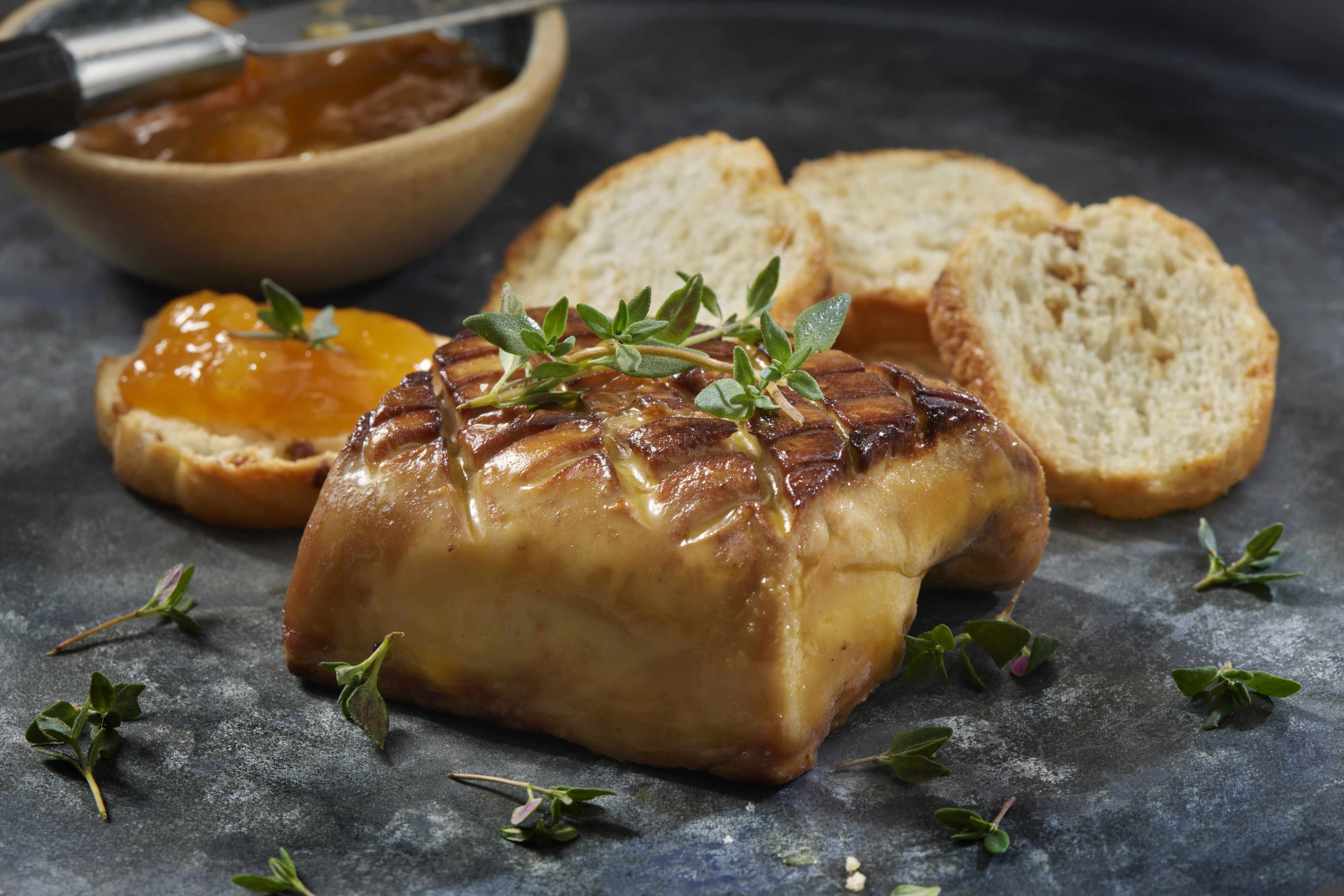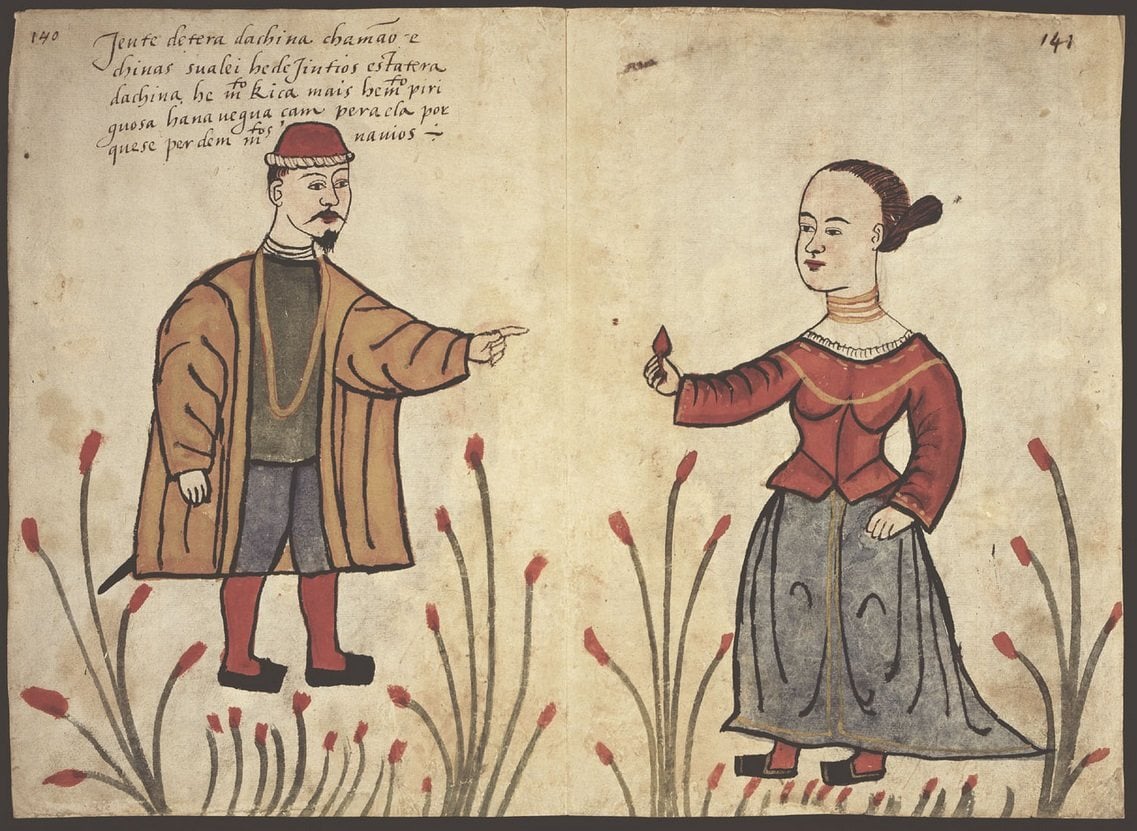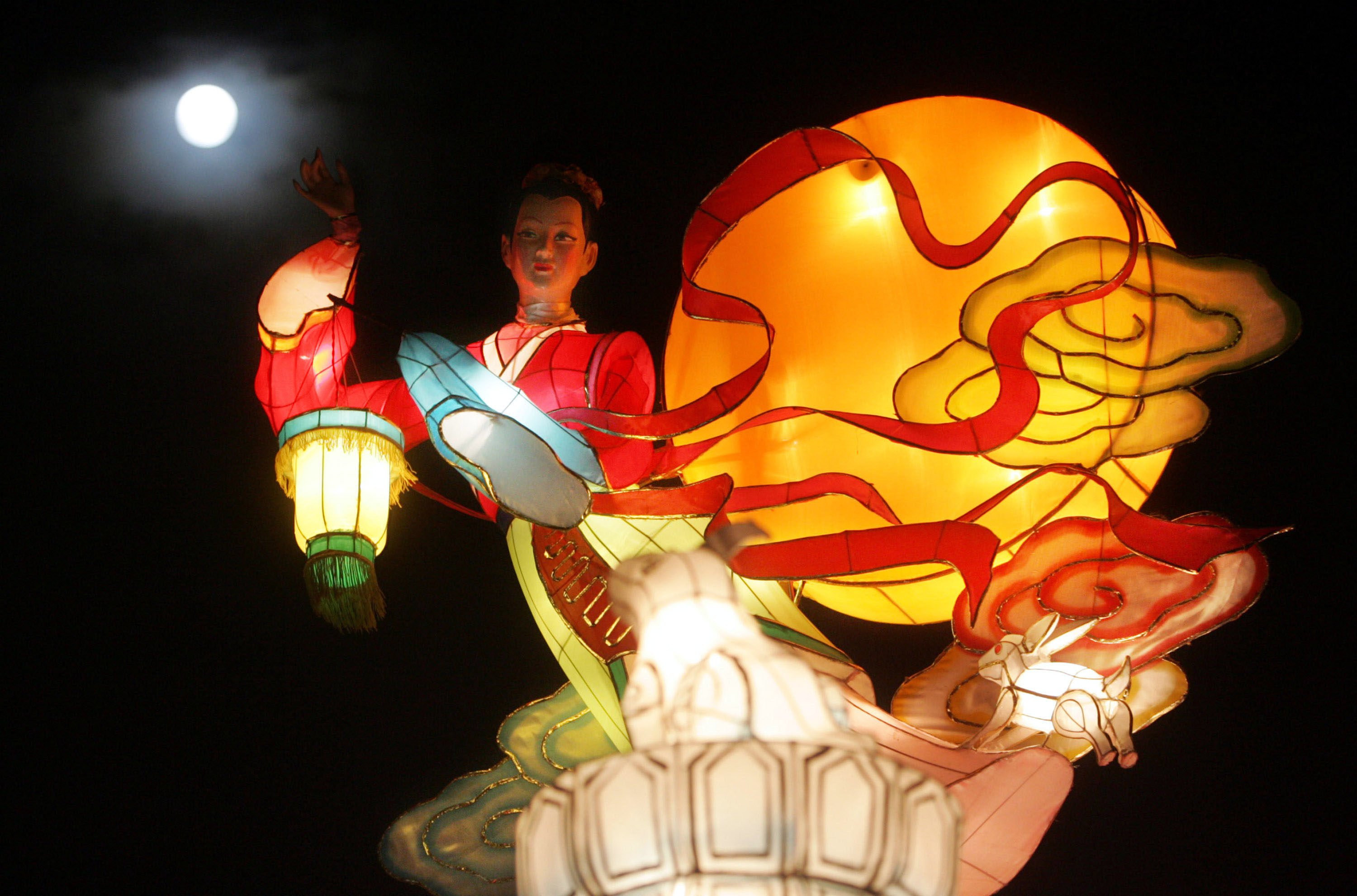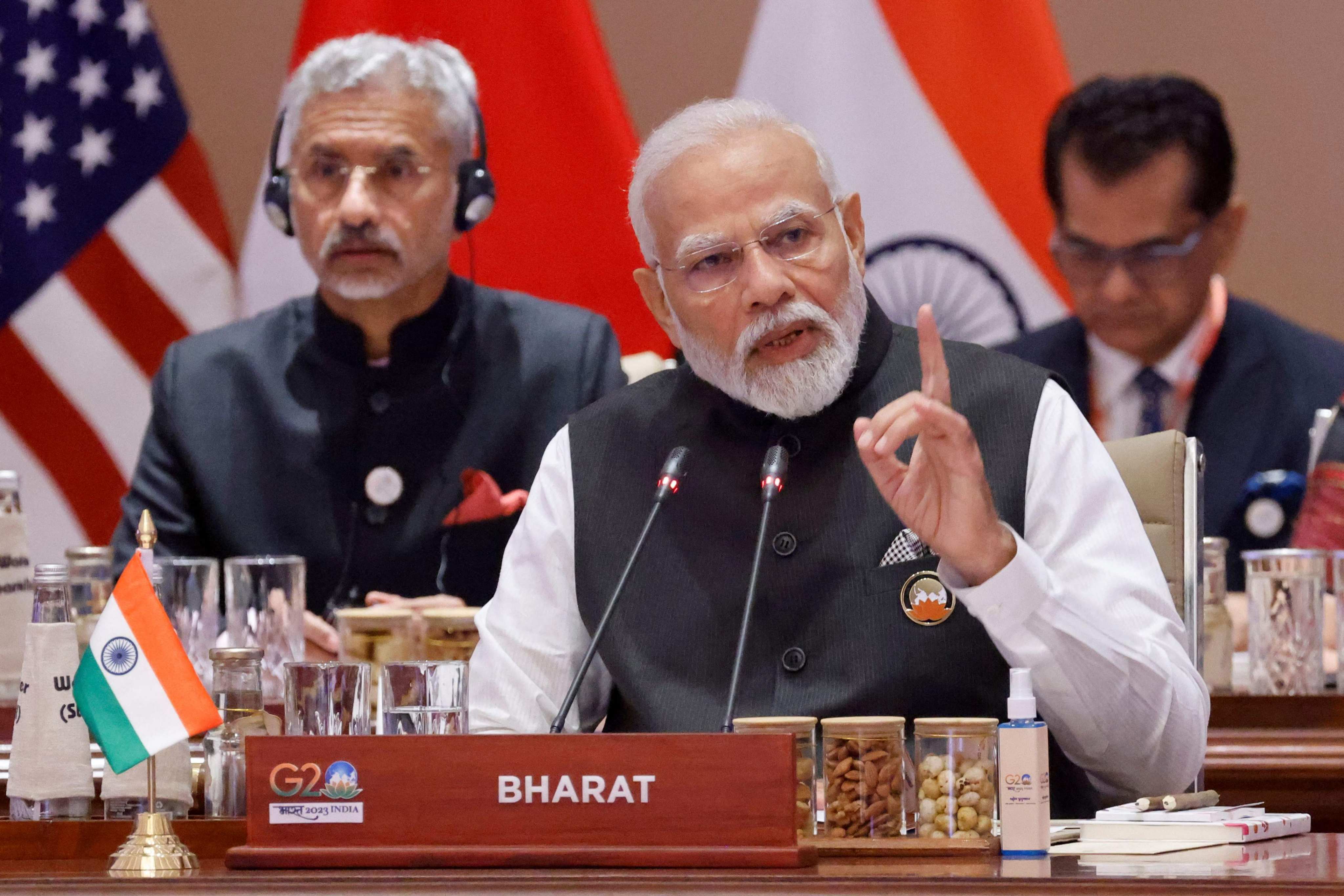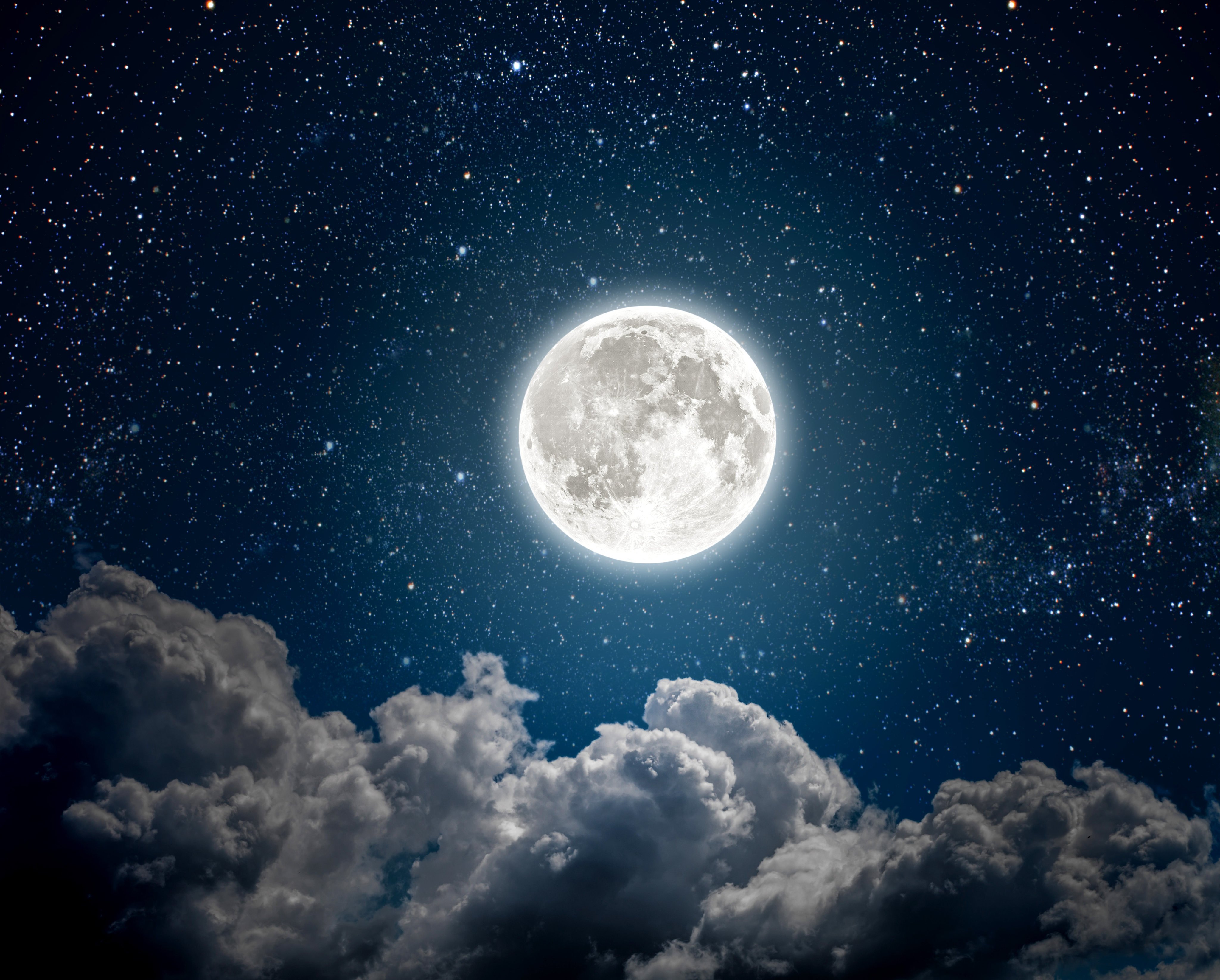Advertisement
Advertisement

Lisa Lim
Lisa Lim is Associate Professor in the School of Education at Curtin University in Perth, having previously held professoriate positions at universities in Singapore, Amsterdam, Sydney and Hong Kong, where she was Head of the University of Hong Kong's School of English. Her interests encompass multilingualism, World Englishes, minority and endangered languages, and the sociolinguistics of globalisation. Books written by Lim include Languages in Contact (Cambridge University Press, 2015) and The Multilingual Citizen (Multilingual Matters, 2018).
Proposed tariffs on US imports, particularly from China, stand to create ugliness, but there is beauty in the word’s dynamic history.
Pop-up Hong Kong tea restaurant, or ‘cha chaan teng’, at art fair exposes the Cantonese term and bolsters the case for English to absorb it.
Drawn from indigenous Caribbean languages, ‘hurricano’ appeared in Shakespeare’s King Lear and soon afterwards swapped its final ‘o’ for ‘e’.
Scholars are split on the roots of ‘sampan’ and ‘junk’, with some pointing to Chinese and others to Old Malay and Javanese respectively.
Advertisement
Events like the Tai Hang Fire Dragon Dance help Hong Kong’s intangible cultural heritage, including its language traditions, to survive.
The Paralympic Games began as a sports competition for paraplegic soldiers, and the name reflected that. Over time, the term has evolved along with the multisport competition itself.
The climax of Ghost Month when, according to Chinese tradition, the Gates of Hell open and spirits roam the world, Hungry Ghost Festival is marked with offerings, Chinese opera and, in Singapore, public singing.
The back slang of suburban Paris, ‘verlan’ stands for a multicultural, multilingual, marginalised community. How appropriate that a singer whose lyrics embrace it featured in Olympics opening ceremony.
Peasant women in the Pearl River Delta who found work in the silk industry, earning money that allowed them to opt out of marrying, later migrated to Malaya and Hong Kong, where many worked in construction.
On World Chocolate Day (July 7), Lisa Lim looks at the origins of chocolate and cacao, the history of the words and how they evolved, and why Europe was late to the party.
Storehouse, weapons store, holder of gun cartridges, magazine meant several things before a publisher coined its usage to describe a periodical as a ‘magazine [of] the most remarkable pieces’.
In exile, poet and statesman Qu Yuan wrote what is regarded as the most innovative and influential work in the history of Chinese poetry. His death inspired the myth behind the Dragon Boat Festival.
In kopitiams in Singapore and Malaysia, coffee names that fuse languages from Malay to Hokkien reveal the region’s history of multiculturalism.
The Italian city of Genoa and the French city of Nîmes are responsible for giving the world jeans and denim, respectively, which were later exported to northern Europe, Britain and North America.
Among Japanese origin added to the Oxford English Dictionary in 2024 is katsu, a ‘boomerang word’ – one the Japanese borrowed from English in the first place.
Purple robes were a status symbol in Roman times, and the preserve of Byzantine emperors. Why? The dye came from the mucus of sea snails, 10,000 of which produced just a gram of the stuff.
Graphic T-shirts – shirts with slogans or phrases – can often pack a political or social punch even when they do not mean to. The tees Taylor Swift wears on stage on tour are just the latest example of that.
A staple of Japanese cuisine, mochi actually comes from China, and while the character used in Japanese has a different meaning in Chinese, similarly named snacks in Asia point to a common history.
Curiously, the United Nations Sustainable Development Goals do not explicitly include language. Unesco’s International Mother Language Day recognises the links between language and sustainability.
Ahead of Lunar New Year celebrations to ring in the Year of the Dragon, find out the origin of the English word for ‘dragon’, how the Chinese pictogram was formed, and the beast’s varying symbolism.
The 2024 Taiwan elections offered much to observe with the island’s languages, which now indicate identity and political affiliation and include phrases involving frozen garlic and radishes.
From Greek letters (Alpha, Delta Omicron) to mythological creatures (Kraken) and now astronomical names (Pirola, Eris), Covid-19 variant naming systems have evolved along with new strains.
As the Israel-Gaza war rumbles on, we look at how the meaning of the word ‘hostage’ in 13th century Old French encompassed kindness and hospitality, as well as residence, compensation and pledge.
A delicacy in some parts of the world, banned in others over cruelty concerns, foie gras’ history starts in ancient Egypt and Rome, where geese were force-fed dried figs.
Macau has been a cross-cultural hotspot and trading post for centuries, and the languages used in business and at home have evolved, from Portuguese and Cantonese to the Patua of Macanese, and pidgin.
Words to describe acts of killing such as homicide, infanticide and suicide entered English from the 13th century onwards. Genocide, with similar Latin, as well as Greek, roots was coined much later.
The name of the all-American drink ‘Coca-Cola’ is a compound formed from its two essential ingredients – known for providing cocaine and caffeine – with origins in other languages.
Many mythologies feature moon goddesses – from the Greco-Roman deity Artemis to Chinese mythology’s Chang’e – and homage has been paid to them in several lunar missions.
At the 2023 G20 summit in New Delhi, host India referred to itself as Bharat. Both that name and India have roots in the ancient Sanskrit tongue, so why might one be favoured over the other? History.
When you look up at the full moon, or contemplate the recent success of India’s Chandrayaan-3 moon-landing mission, do you wonder why the English call the star moon and Indians say Chandra? Here’s why.


